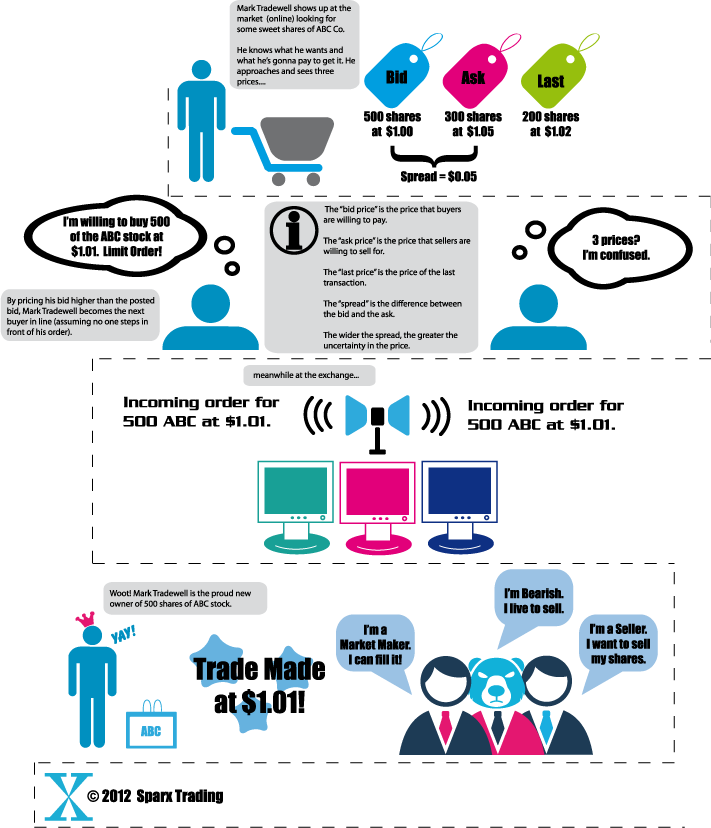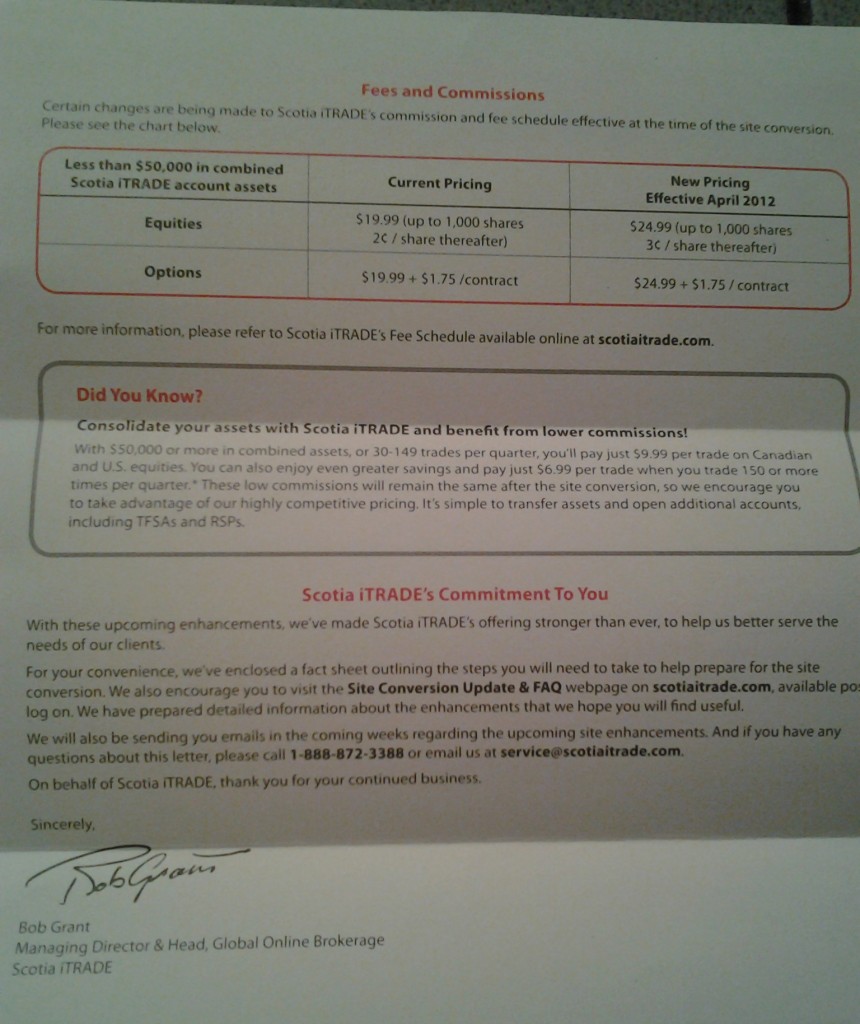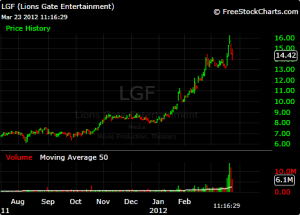We stopped by the Stockscores Canadian Active Trader Expo (SCATE) this past week and had a chance to sit through a presentation by veteran trader and founder of stockscores.com Tyler Bollhorn. This event was also sponsored by Disnat which has launched one of their best deals/promotions alongside the SCATE tour. You can find out more details about their deal here.
The session was a condensed version of Tyler’s educational program with topics on trader psychology and trading strategies from less active or position trading to very active day trading strategies, such as one he called “the worm” (as in “the early bird gets the worm”). He walked through the stockscores.com platform and how to use it to find trading opportunities along with the tradescores.com tool (which we discuss here) as a means to practice (or paper trade).
After sitting through many different presentations on investment/trading strategies Tyler’s presentation is one of the more engaging and clearly delivered. Like any master of their craft, Tyler makes it look very easy. In his words, ‘trading is simple, but not easy’. The difficult part for anyone who is just starting out or who has been at it for a long time comes down to managing emotions and risk.
A central point in Tyler’s presentation (as well as in his upcoming book) is that trading is a skill, not a talent. To learn and perfect a skill, whether it be playing the piano or doing surgery, it takes practice and discipline. It is not important how often you are right or wrong, but rather how much you make when you are right versus how much you lose when you are wrong.
One of the most interesting observations from this session is that it took Tyler 8 years of practice before things actually started to “click” for him as a professional trader – before he was able to trade and be consistently profitable. He attributes the turning point in his success to properly managing risk – cutting his losers early and letting his winners run; a piece of “uncommon sense” which most traders don’t adhere to and explains why they’re on one side of the performance column and Tyler is currently successfully sitting on the other. Check out our interview with Tyler earlier this year for some extra tips on being a successful trader.
To find out more information on the SCATE tour, check out our events section here.






